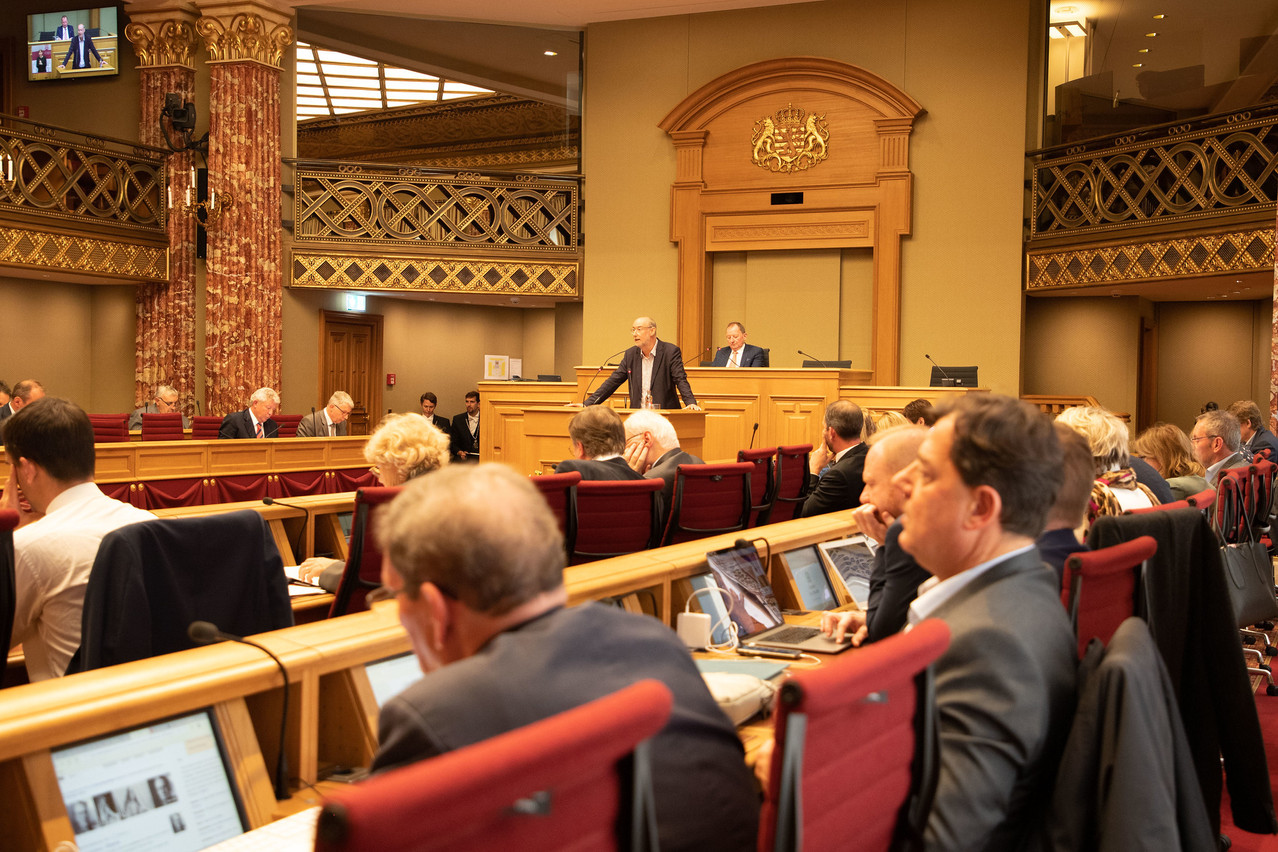The whistleblower protection law, which transposes an EU directive, was passed in the Chamber of Deputies on Tuesday 2 May, without the votes of the CSV and ADR. The directive itself aimed to apply “common minimum standards guaranteeing effective protection of whistleblowers.”
The Luxembourg law goes further than the EU regulation, providing for a less restrictive scope of application for the situations in which a whistleblower can act.
In practice, it provides for three reporting channels: internal (the whistleblower addresses an internal entity of the company where he/she notices a violation), external (an external body--a list of 22 actors is included in the text--can be contacted by the whistleblower) and finally public.
A reporting office to inform
A “whistleblowing office” has also been created, whose role will be to inform and assist people wishing to make a report, and to make the public aware of this new legislation, particularly companies with more than 50 employees, which will have to set up internal reporting procedures.
This law has not failed to provoke debate. Proponents see it as a including the three-tiered reporting process, which requires information to be made public only after recourse to internal and external options (supervisory bodies and competent authorities) have been exhausted, which can only be avoided if there is an “imminent danger” to the “public interest”--both of which are considered subjective in their definitions.
The Chamber of Commerce criticises
On the other hand, many in the business community have been sceptical. For example, the Chamber of Commerce is concerned about “the broad material and personal scope of the bill, which in its view could be a source of abuse” and “regrets the choice of a repressive approach, especially towards businesses,” while recalling its attachment to the principle of “the whole directive, nothing but the directive.”
“This law will impose substantial constraints on all companies with more than 50 employees, and this is likely to disrupt the operations of many companies,” said opposition MEP (CSV). Especially since, according to him, “more than 95% of companies are not even aware of what will be voted. I invite the government to conduct a very broad information campaign on this project.”
“Carte blanche to the informers”
The Luxembourg Bar Council was more forceful, stating that “this is a carte blanche for informers of all kinds, which is not worthy of a state governed by the rule of law and which goes far beyond the ‘violations’ targeted by the directive.” The council is concerned about a law that will “undermine the professional secrecy of lawyers, medical secrecy and the secrecy of criminal investigations.”
In response to these concerns, the minister of justice, (Gréng), did not fail to point out the presence of safeguards, in particular the aforementioned three-tiered notification process, the existence of a criminal sanction for false statements and the fact that the protection would only really apply to people recognised as “whistleblowers.” In addition, an evaluation of the legal framework will be carried out after a three-year period of application.
This story was first published in French on . It has been translated and edited for Delano.
